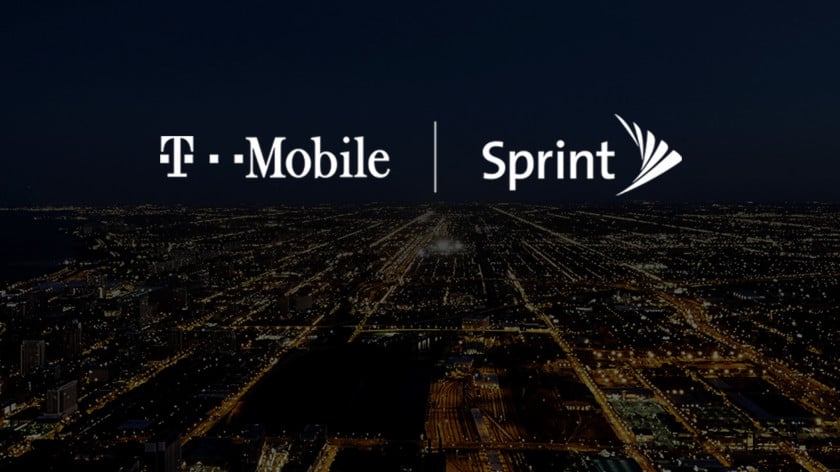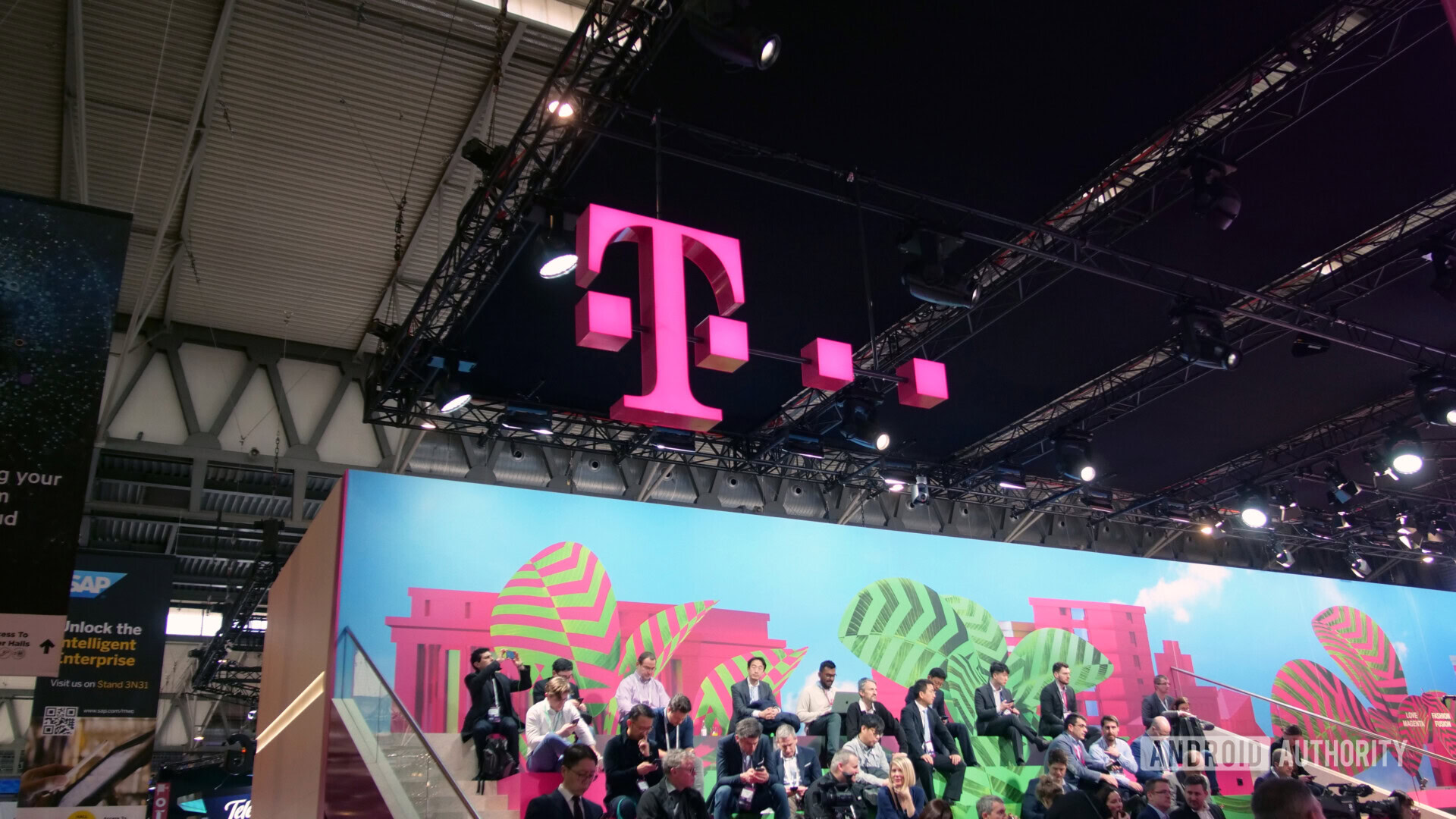Affiliate links on Android Authority may earn us a commission. Learn more.
State attorneys general sue to stop T-Mobile-Sprint merger (Update: New states)
Published onJune 21, 2019

Update, June 21, 2019 (12:19 PM ET): Along with the original 10 state attorneys general who joined together to file a lawsuit against the T-Mobile-Sprint merger, there are now four new states involved. According to Reuters, Hawaii, Massachusetts, Minnesota, and Nevada will be included in an amended complaint being filed Friday.
An October 7 start date was proposed for the start of the trial. So far, every attorney general included in the lawsuit is affiliated with the Democratic party.
Original article, June 11, 2019 (04:45 PM ET): According to Reuters, there’s a new problem brewing for the proposed T-Mobile-Sprint merger. Today, 10 state attorneys general filed a lawsuit to stop the deal, which is worth an estimated $26 billion.
New York Attorney General Letitia James is the lead on the suit and announced it during a press conference in that state.
In the suit, which you can read here, James and her fellow attorneys general say, “because the effect of T-Mobile’s merger with Sprint may be substantially to lessen competition, the Court should permanently enjoin the merger,” where enjoin is a legal term meaning “prohibit someone from performing.”

Along with James, nine other attorneys general attached themselves to the suit from states including California, Connecticut, Colorado, the District of Columbia, Maryland, Michigan, Mississippi, Virginia, and Wisconsin.
According to Reuters’ sources, both Marcelo Claure from Sprint and John Legere from T-Mobile met with the Justice Department yesterday in Washington. It’s not clear what those talks entailed or if they had an effect on this lawsuit.
We do know that both companies have offered multiple concessions to get the T-Mobile-Sprint deal off the ground, including selling off Sprint-owned Boost Mobile, divesting wireless spectrum, and promising to keep prices from rising for at least a few years.
The Federal Communications Commission has already publicly supported the deal, which would turn the Big Four carriers in the United States to the Big Three. The other two carriers — Verizon and AT&T — are both significantly larger than either T-Mobile or Sprint. The T-Mobile-Sprint merger would result in a company still smaller than the second-largest carrier AT&T.
The Justice Department’s antitrust division staff have recommended the agency step in to block the deal. However, the DOJ has yet to make a final decision on the matter.